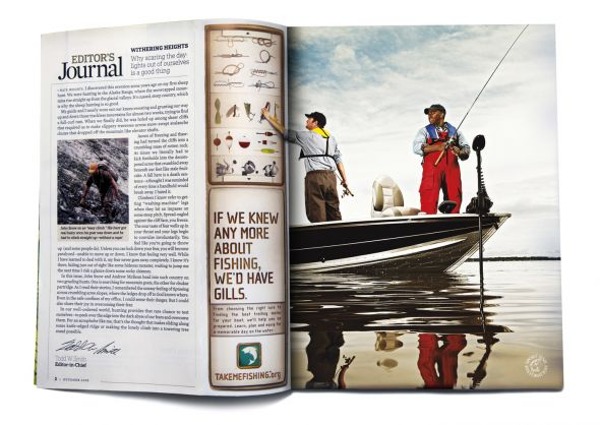 According to PageFair’s Johnny Ryan, emulating a print advertising model is the only viable future for digital advertisers. He makes a lot of sense.
According to PageFair’s Johnny Ryan, emulating a print advertising model is the only viable future for digital advertisers. He makes a lot of sense.
Billing its product as “respectful and sustainable advertising,” PageFair is all about helping publishers reinvent their advertising programs in ways that work for their bottom line and for their readers.
They’ve got their work cut out for them.
“Ad blocking continues to be one of the most discussed issues in the publishing world, as media companies work out long term strategies for creating advertising that truly engages with users,” writes Ashley Norris in FIPP.
“One of the loudest voices in the debate is PageFair, which in summer 2015 joined with Adobe to publish a report into ad blocking that highlighted the extent of the phenomenon,” she writes. Norris notes that Page Fair’s Johnny Ryan recently spoke to a group of UK publishers about the growth of ad blocking and how advertisers can move forward out of the dark ages of digital advertising.
He pulled no punches, saying that “the first 20 years of web advertising have been a disaster.”
“The need for monetization lead to unrestrained advertising,” Ryan is quoted as saying. “They let the advertiser run utterly amok on the pages. There was an explosion in quantity but not the quality of the ads.
“Too much clutter. Publishers have sold themselves short and ended up in a cul de sac. Then it is a no brainer for consumers to install an ad blocker.”
His solution? Advertisers need to radically rethink the types of ads they offer, based around these four points:
- Give users the ability to react in real time with any ad (i.e. a thumbs up or down)
- Cut down dramatically on the number of digital ads. (This will not only improve customer experience, but help reposition digital advertising value, which has plunged.)
- Get much better at contextual targeting, establishing high relevance before serving any ad.
- Develop better metrics for what makes an ad successful.
The bottom line, Ryan says, is that “the time has come for print wisdom to save digital.”
Yes, it has indeed.
